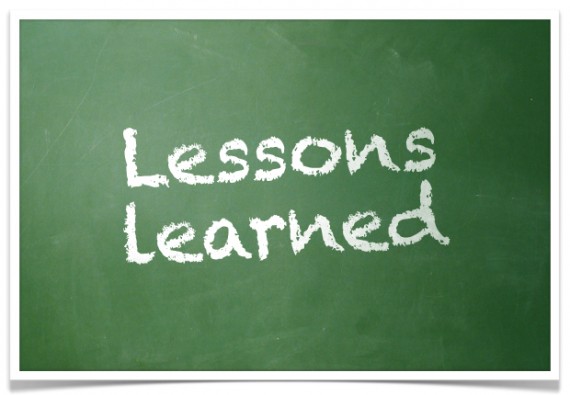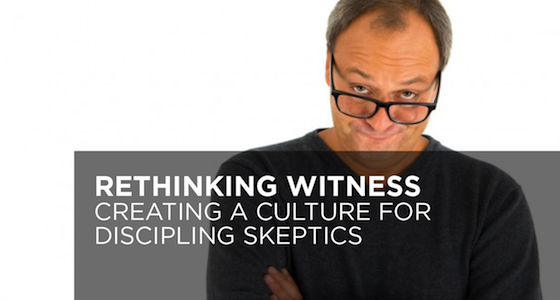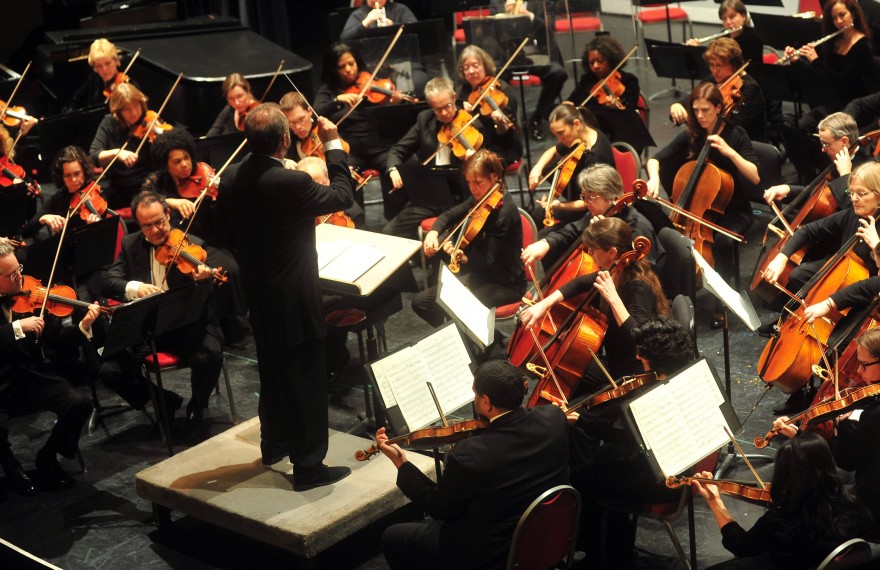
By Laura Hairston
About 4 years ago, my husband, Ryan and I heard the term ‘missional’ for the first time. For us, it was a completely new concept learning to live as missionaries in the places God had already placed us. Also, hearing of the 60% who would never walk through the doors of the church on our best Sunday where we were on staff. And, hey, I grew up a southern Baptist girl in Texas – all of this rocked my world, as I am sure you can imagine.
So, we made a huge paradigm shift and life change.








 This is a guest post by
This is a guest post by 
